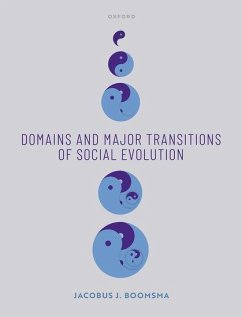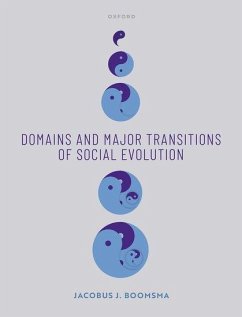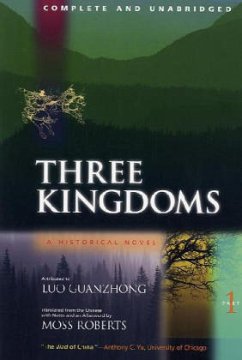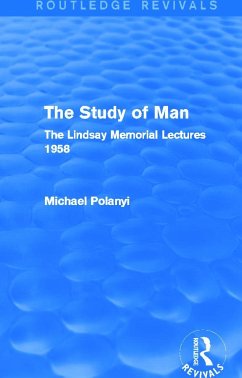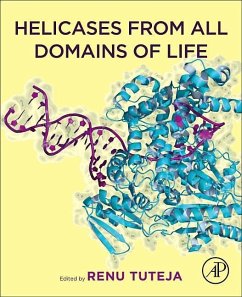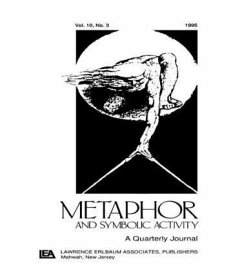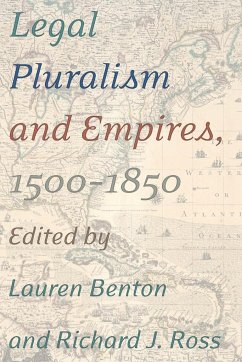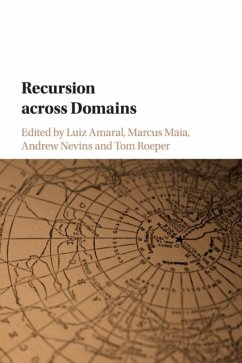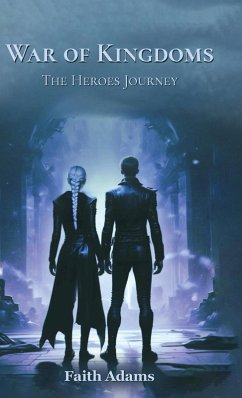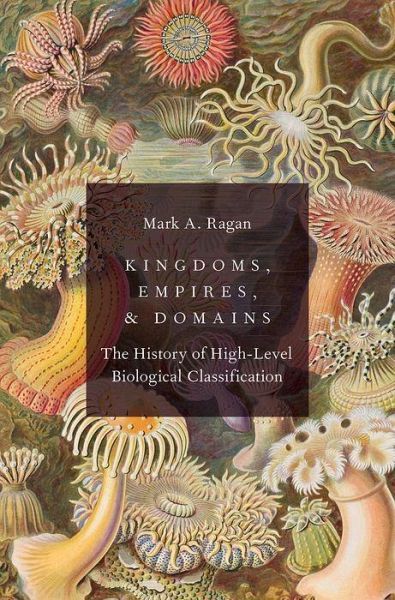
Kingdoms, Empires, and Domains
The History of High-Level Biological Classification

PAYBACK Punkte
85 °P sammeln!
Kingdoms, Empires, and Domains explores the history of the idea that there is more to the living world than plants and animals. Progressing chronologically through philosophical, religious, literary, and other pre-scientific traditions, leading molecular systematist Mark A. Ragan traces how transgressive creatures such as sponges, corals, algae, fungi, and diverse microscopic beings have been described, categorized, and understood throughout history. The book also explores how the concept of a "third kingdom of life" evolved within the fields of scientific botany and zoology, and continues to ...
Kingdoms, Empires, and Domains explores the history of the idea that there is more to the living world than plants and animals. Progressing chronologically through philosophical, religious, literary, and other pre-scientific traditions, leading molecular systematist Mark A. Ragan traces how transgressive creatures such as sponges, corals, algae, fungi, and diverse microscopic beings have been described, categorized, and understood throughout history. The book also explores how the concept of a "third kingdom of life" evolved within the fields of scientific botany and zoology, and continues to evolve up to the present day.




